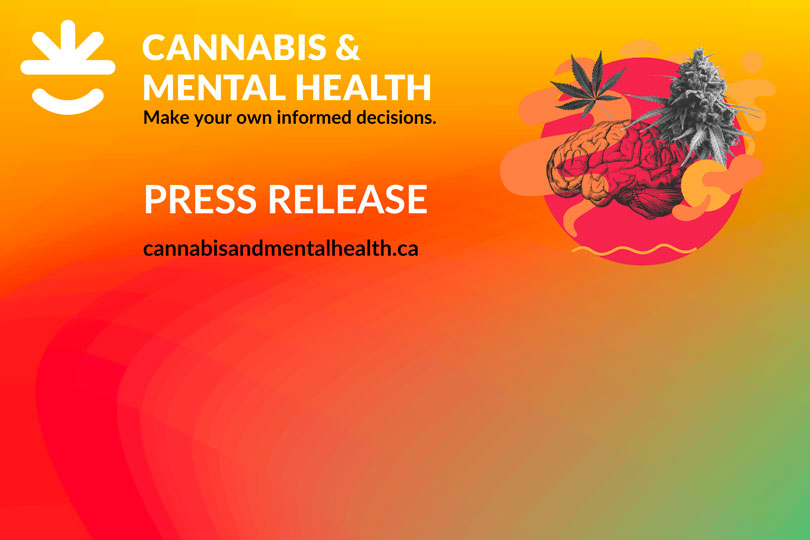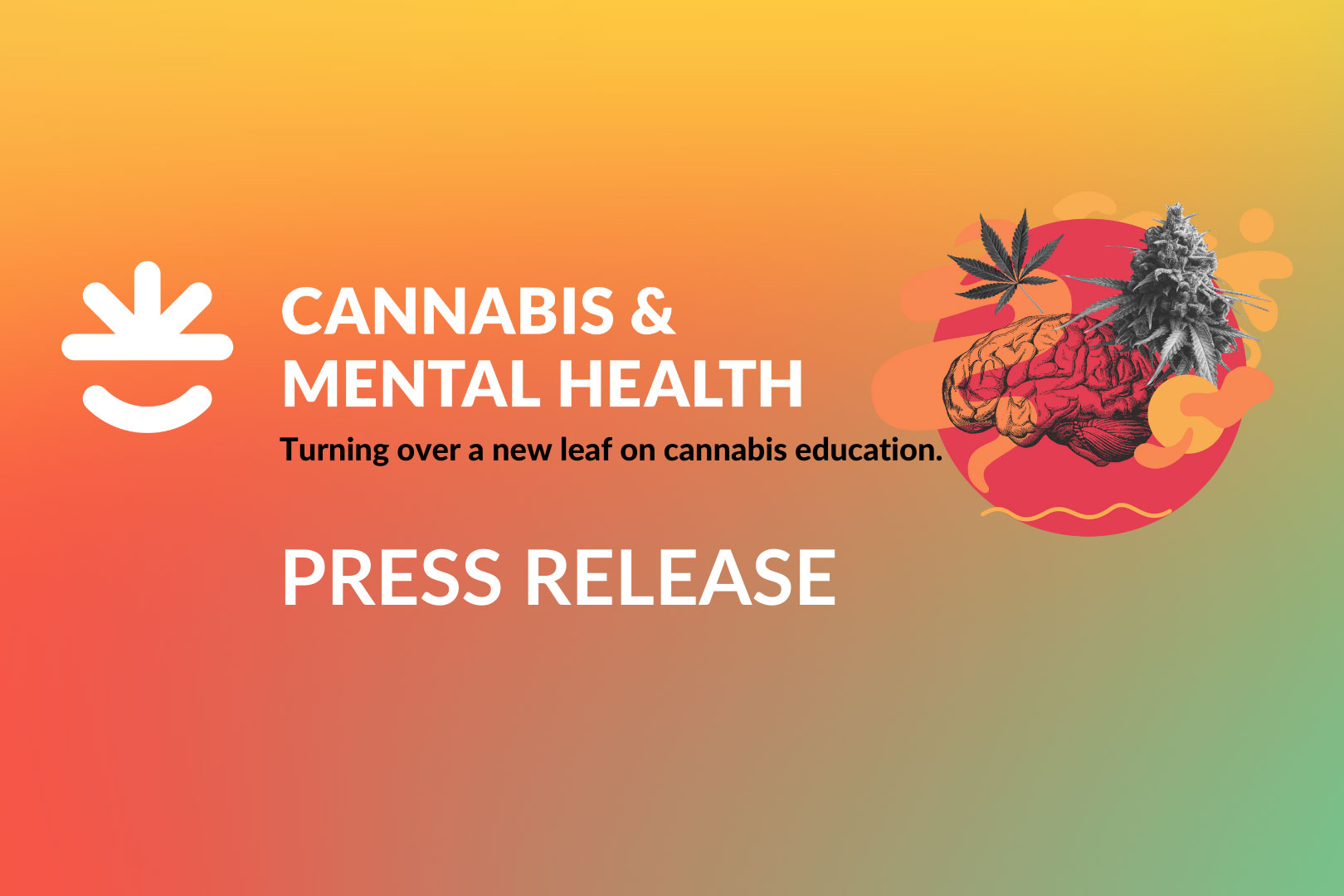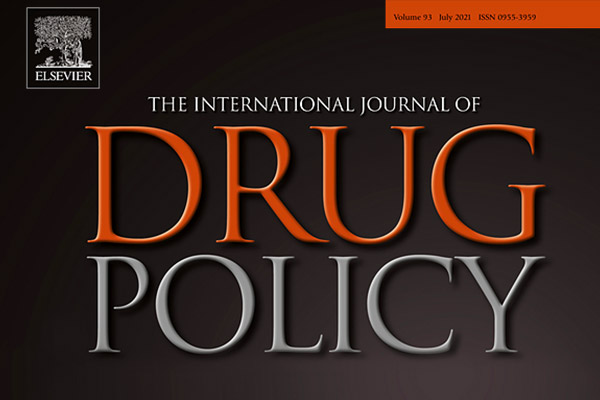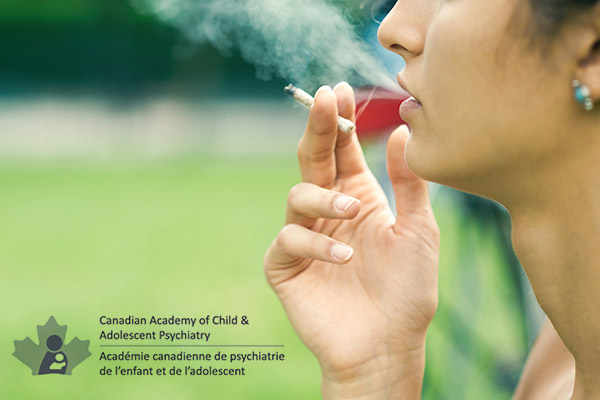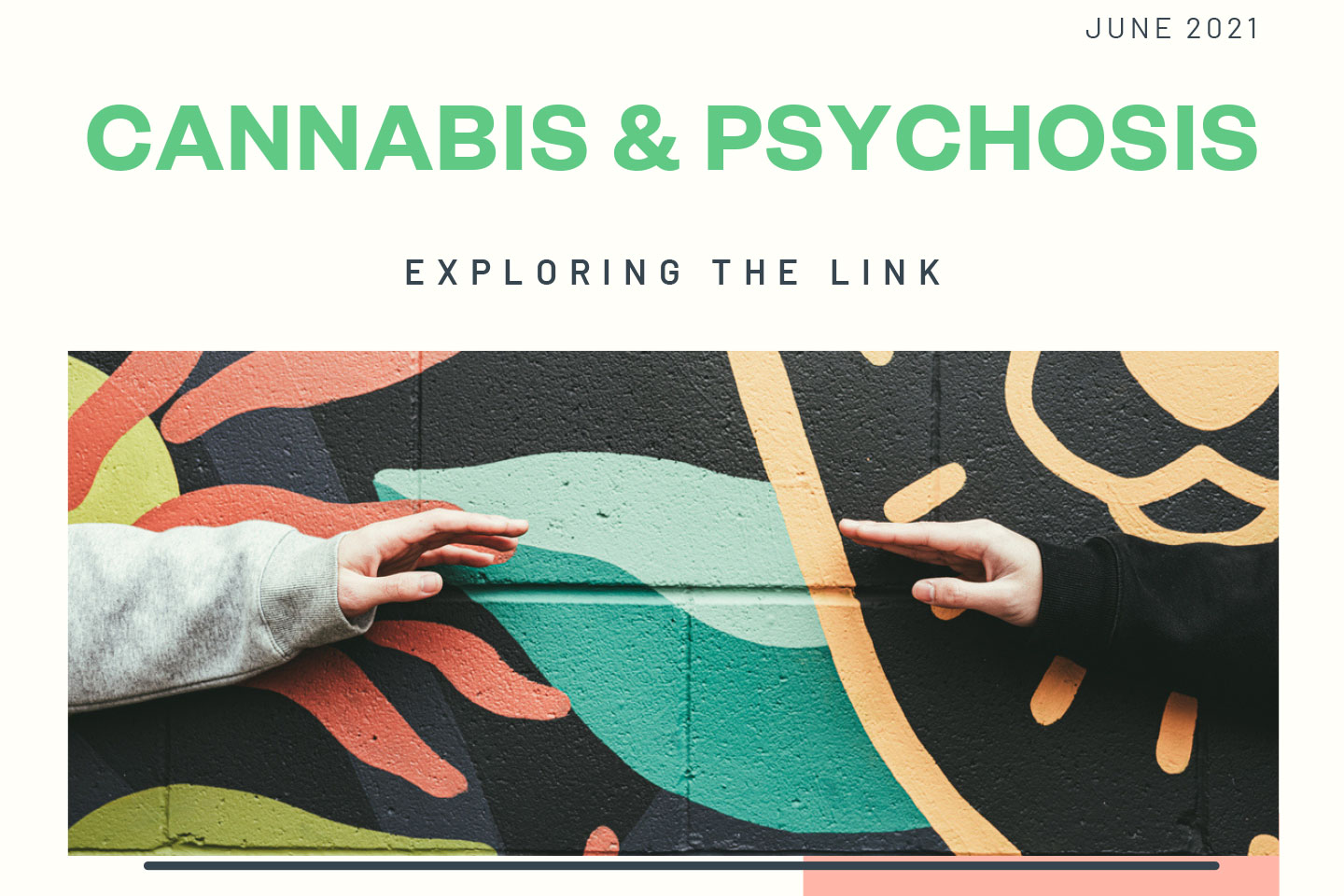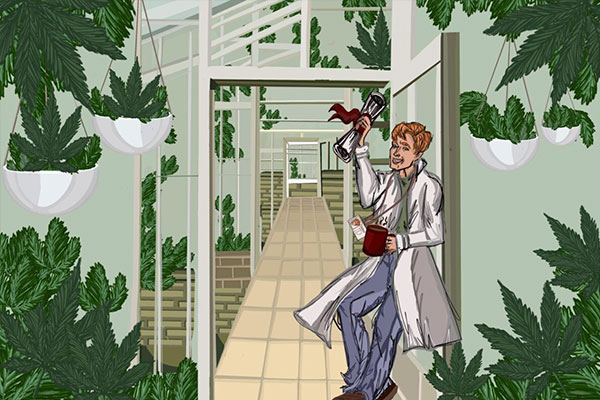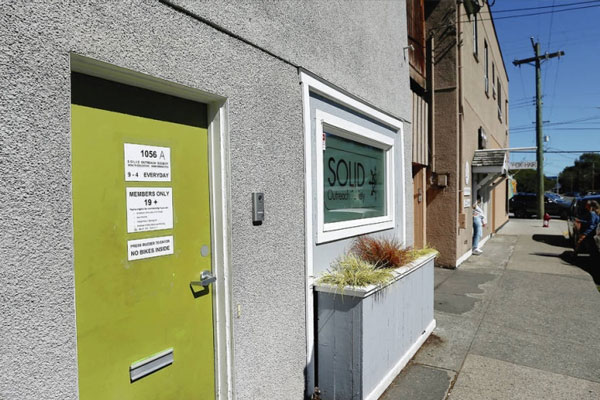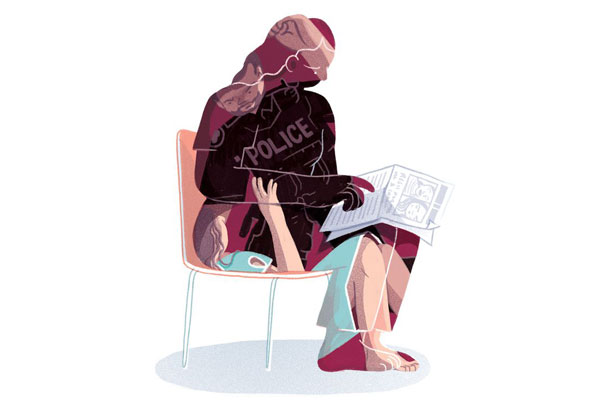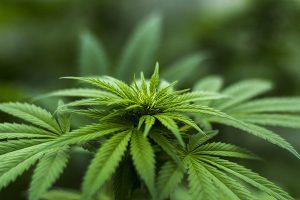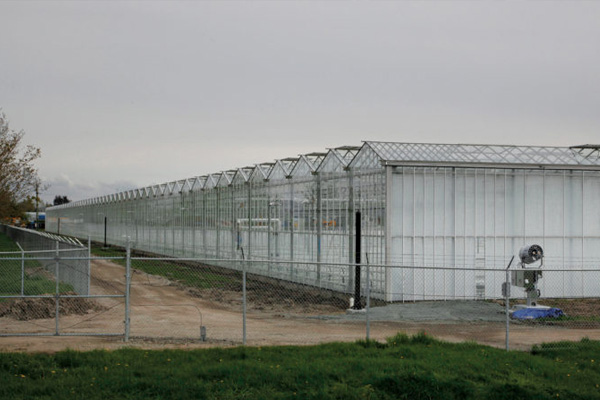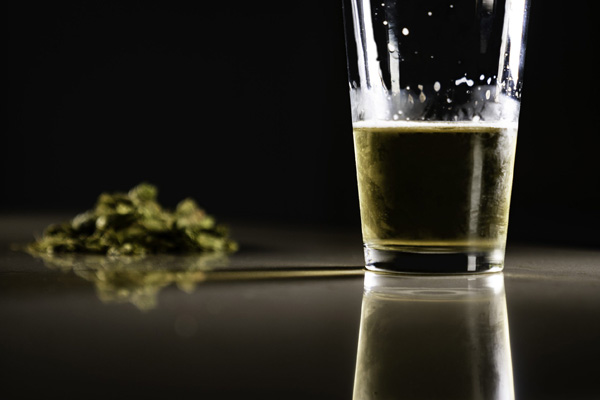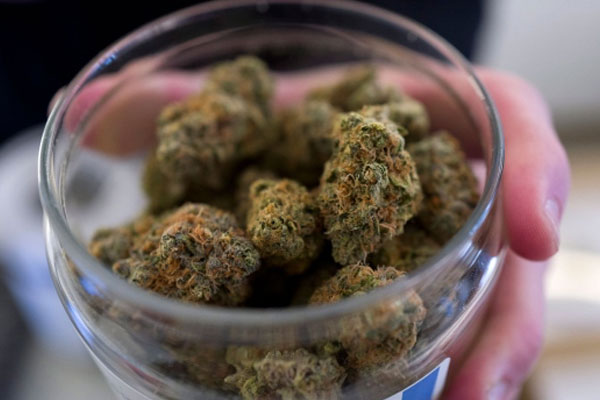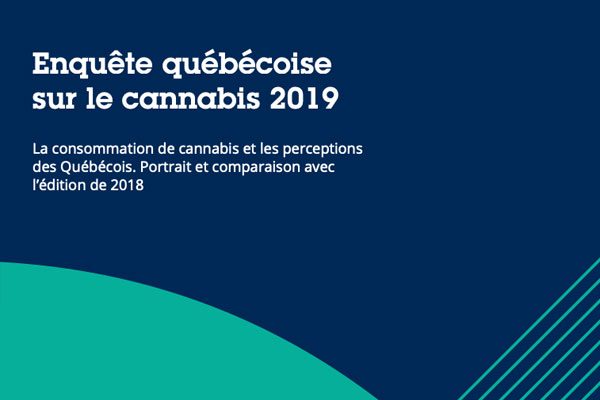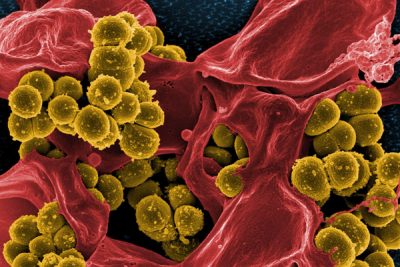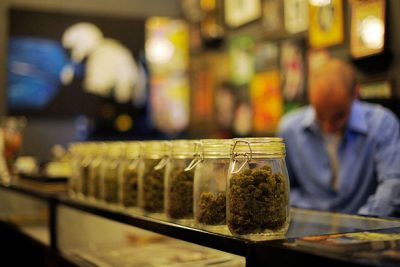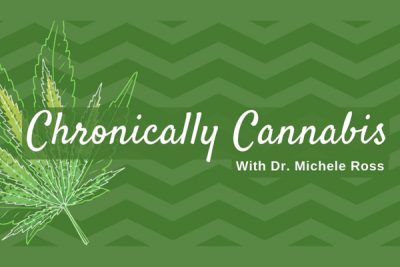News
Get The Latest
Want to stay up to date on some of the latest news and research on cannabis and psychosis? We’ve got you covered! Check out our blogs for some fresh takes, key news pieces we’ve selected, and what we’ve been up to through our latest events.
Get The Latest
Want to stay up to date on some of the latest news and research on cannabis and psychosis? We’ve got you covered! Check out key news pieces we’ve selected and what we’ve been up to through our latest events.
Schizophrenia Society of Canada Awarded $978,000 for Cannabis and Mental Health Education Project
April 18, 2023
The Schizophrenia Society of Canada is pleased to announce the launch of Cannabis and Mental Health
March 10, 2022
Lower-Risk Cannabis Use Guidelines (LRCUG) for reducing health harms from non-medical cannabis use
August 28, 2021
Youth Cannabis use and Legalization in Canada – Reconsidering the Fears, Myths and Facts Three Years In
August 1, 2021
Improving our Cannabis Literacy: Why we should listen to the young people leading the way
April 5, 2021
Cannabis education should aim to normalize — not prevent — safe and legal uses
March 27, 2021
Harm-reduction group wants permission to give free cannabis to opioid users
September 3, 2020
A police officer is not the best person to help someone in psychosis
August 21, 2020
Many Canadians turned to weed as coronavirus arrived. Here’s how to tell if that’s a problem
June 4, 2020
Cannabis and Your Mental Health: New Campaign Explores the Link Between Cannabis and Psychosis
May 4, 2020
Why legal pot was taking a hit in Canada, weeks before COVID-19 sent markets plunging
April 2, 2020
‘Marked increase’ in online cannabis sales as residents practice social distancing
March 19, 2020
Your brain on cannabis: Halifax researcher probes effects on white matter, behaviour
February 9, 2020
Ontario Cannabis Store runs out of edibles just hours after online sales begin
January 16, 2020
College students use more marijuana in states where it’s legal, but they binge drink less
January 13, 2020
Cannabis Edibles Become Available Across Ontario & ER Visits Are Feared To Rise
January 6, 2020
Why Canada’s bubble burst. More than a year ago, Canada made recreational cannabis legal. So why are people still buying it on the black market?
December 29, 2019
There’s ‘Scarce Evidence’ to Suggest Cannabis Improves Mental Health Symptoms, a New Research Review Says
October 28, 2019
Young pot users’ brains have higher level of protein linked to stress: study
September 18, 2019
Is Cannabis Good or Bad for Mental Health? The evidence says it can go either way.
January 17, 2019
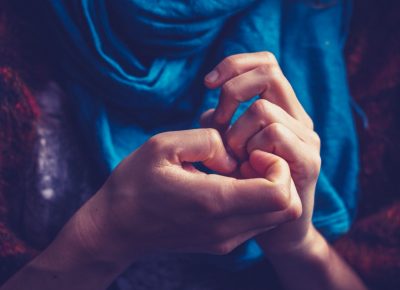
Cannabis, a cause for anxiety? A critical appraisal of the anxiogenic and anxiolytic properties
While cannabis is often used for alleviating anxiety, certain research has shown that cannabis use can produce feelings of anxiety, paranoia, and panic. In this recent review paper, researchers found that acute doses of CBD reduced anxiety in humans, while THC may be associated with causing anxiety. These anxiety causing effects of THC were greater among infrequent or non-users compared to frequent users. When used with CBD, these effects were decreased. However, animal studies have also shown that there may be potential for THC to reduce anxiety, if given at the right dose and when co-administered with CBD.

Cannabis use and sleep: Expectations, outcomes, and the role of age
Sleep disturbances have been linked to multiple maladaptive outcomes including mental health consequences, increased risk of medical conditions, and cognitive performance deficits. While improvements in sleep have been a motivation behind cannabis use, research is largely inconsistent regarding the relationship between cannabis and sleep. In a recent study, it was found that currently using cannabis was associated with worse subjective sleep quality. A higher frequency of edibles use was also associated with worse subjective sleep efficiency, lower sleep duration and quality. Having higher CBD concentrations also led to better sleep efficacy and duration, although this was significantly affected by age with older adults seeing the largest effect.
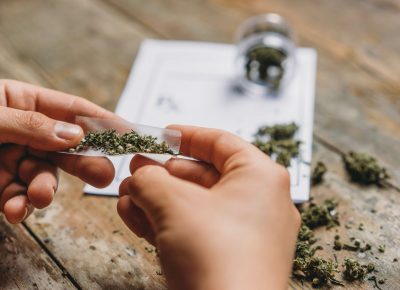
The COVID-19 cannabis health study: Results from an epidemiologic assessment of adults who use cannabis for medicinal reasons in the United States
Individuals with underlying medical illnesses have been found to be at greater risk for COVID-19. In addition to underlying comorbidities, many who use cannabis for medicinal purposes are also managing mental health amid the risk of losing income and insurance tied to employment. In a recent study, researchers found that 40% of adults using medicinal cannabis self-reported an increase in cannabis consumption since the pandemic began. Individuals with a mental health condition had the highest odds of increased medicinal cannabis use, reporting a 91% increase in medicinal cannabis use compared to those without mental health conditions. Among the 16.2% of adults who changed their route of cannabis use, an increase in the use of edibles and tincture consumption was observed, perhaps due to smoking and vaping being associated with a possible increased susceptibility of contracting COVID-19.

Association of Depression With Past-Month Cannabis Use Among US Adults Aged 20 to 59 Years, 2005 to 2016
The relationship between cannabis and depression remains a topic of interest, although it is still poorly understood. While many report that cannabis helps them with their depression symptoms, some research suggests cannabis may in fact make depression worse. In a recent study of over 16 000 US adults, researchers found that individuals with depression had approximately double the odds of using depression than those without cannabis, with 216% higher odds of daily cannabis use. The association between daily cannabis use and depression was found to be strengthened from 2005 to 2016. Similarly, the overall prevalence of past-month cannabis use and daily cannabis use increased over the past 10 years, with rates increasing from 12.2% and 3.8% in 2005-2006 to 17.3% and 6.1% in 2015-2016.

Childhood social environmental and behavioural predictors of early adolescent onset cannabis use
Scholes-Balog and colleagues followed 852 Australian fifth graders through to the age of 19. They were looking for the factors which explained why some of these students used cannabis early (before age 15), late (after 15), or abstained from cannabis use altogether.By making risk indexes (representing a lot of factors) for community, family, school, peer, individual, and early drug use, the study shed light on which factors could best predict the cannabis usage of these students. Substance use (alcohol, cigarettes, drugs other than cannabis) was the greatest independent predictor for early onset cannabis use. Antisocial families with poor management also predicted cannabis use. In general, the delayed onset and abstinence from cannabis are more likely with increased protective factors (such as healthy socialization) and reduced risk factors.
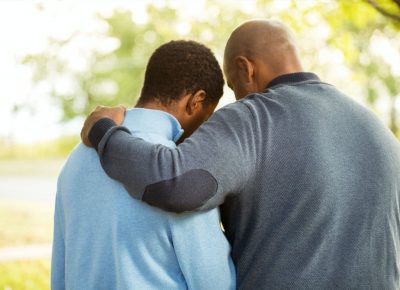
Exploring a causal model in observational cohort data: The role of parents and peers in shaping substance use trajectories
Social environment has been shown to have a great influence on the behaviour of adolescents and young adults. In a recent study, researchers found that substance use in adolescence can be impacted by parent-child relationships and peer associations. They found that higher quality parent-adolescent relationships in early adolescence was associated with reduced cannabis use in later adolescence, while associations with deviant peers was associated with increases in cannabis and tobacco use and binge drinking. Peer associations had a larger influence on the baseline trajectory and influenced the timing of peak use.

Prevalence and Correlates of Medicinal Cannabis Use Among Adolescents
Medicinal cannabis use has been used to manage a wide range of symptoms including pain, anxiety, and sleep difficulties. While 30% of adult Canadians report using medicinal cannabis, only a small subset report obtaining it from an authorized source with many reporting significant barriers to access. In this recent study of Ontario high school students, researchers found that 6.89% of participants used medicinal cannabis, accounting for 25.83% of all cannabis use in participants. They also found that those who use medicinal cannabis were more likely to use cannabis more frequency, have a greater risk of dependence, perceive it as less harmful, and were less likely to report good health and sleep in comparison to the recreational use only group.
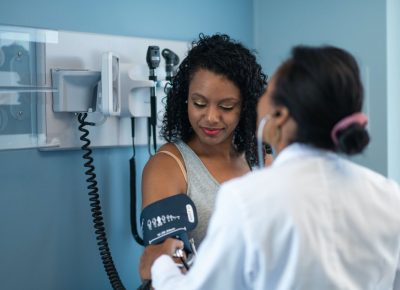
Reevaluating America’s Latest Pharmaceutical Trend: The Cardiovascular Risk of Cannabis
Cannabis colloquially gained popularity for being a safe, nontoxic alternative to other substances and pharmaceutical agents. Yet, there have been possible concerns raised by researchers citing potential elevation of cardiovascular risk. In a recent review, it was shown that cannabis may be placing younger, healthier populations at risk for suffering major cardiovascular accidents, especially immediately following consumption. Cannabis has been shown to increase heart rate and blood pressure, which in some cases, has translated into increased risk of acute heart attack and stroke. Cannabis also interferes with drug metabolism, and can thereby increase levels of common cardiovascular drugs. While there have been some conflicting results, the study concluded that cannabis is not a benign substance and users should be cognizant of possible cardiovascular risks.

Barriers in accessing medical cannabis for children with drug-resistant epilepsy in Canada: A qualitative study
There has been an increase in the use of medical cannabis to treat drug-resistant epilepsy in children. In a recent study, researchers interviewed parents to understand the barriers that they faced while trying to access medical cannabis for their children. While many parents viewed cannabis as an acceptable treatment for epilepsy following the failure of regular anti-epileptic drugs, they encountered resistance in obtaining medical authorization for its use in their child’s treatment. Some reported spending up to $2 000 per month on medical cannabis, but they were frustrated that it was not eligible for reimbursement through insurance programs.

Scholes-Balog and colleagues followed 852 Australian fifth graders through to the age of 19. They were looking for the factors which explained why some of these students used cannabis early (before age 15), late (after 15), or abstained from cannabis use altogether.By making risk indexes (representing a lot of factors) for community, family, school, peer, individual, and early drug use, the study shed light on which factors could best predict the cannabis usage of these students.
Substance use (alcohol, cigarettes, drugs other than cannabis) was the greatest independent predictor for early onset cannabis use. Antisocial families with poor management also predicted cannabis use. In general, the delayed onset and abstinence from cannabis are more likely with increased protective factors (such as healthy socialization) and reduced risk factors.

Associations between digital technology and substance use among U.S. adolescents: Results from the 2018 Monitoring the Future survey.
Digital technology is becoming ubiquitous in adolescents, with over 90% of teens reporting multi-daily usage of social media. While digital technology has potential benefits for increasing social connection, especially during these times, there also exists a possibility for it to introduce and reinforce social norms and advertising regarding substance use. This recent study found that digital technology use that facilitates interaction with others was associated with increased risk of self-reported 30-day substance abuse in adolescents. The likelihood of cannabis use was almost three times higher for individuals exposed to pro-cannabis posts on Twitter, while similar trends were seen on other platforms. Previous research has also shown an increase in social media advertising aimed at increasing substance use, which may affect youth substance use.

The Effectiveness of Cannabis Flower for Immediate Relief from Symptoms of Depression
Depression is the leading cause of disability globally, with over 250 million people directly affected by the condition. In a recent study, researchers found that cannabis decreased the intensity of self-reported depressive symptoms in 95.8% of participants. Unlike traditional antidepressants which can take weeks to take effect, the effects of cannabis were seen within two hours in most participants. Symptom relief did not vary by plant phenotypes (indica, sativa, or hydroid) or combustion method. While no serious side effects were found in the short-run, other studies have suggested possible longer term drawbacks of continued cannabis use, such as addiction and cognitive impairments.

Autonomy, competence and relatedness and cannabis and alcohol use among youth in Canada: a cross-sectional analysis
In light of legalization, there has been increasing attention on preventing problematic youth substance use. Strength-based approaches emphasize protective factors, such as positive mental health. In this recent study, positive mental health was assessed by the self-determination theory, which suggests that competence, autonomy, and relatedness are basic psychological needs. Researchers found that in Canadian adolescents in grade 6 to grade 12, increased levels of competence and relatedness led to lower likelihood and frequency of substance use, including cannabis and alcohol. Conclusions on the role of autonomy were mixed.
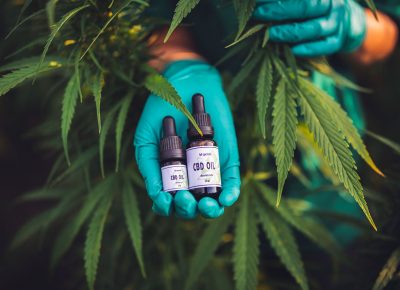
Unraveling the Intoxicating and Therapeutic Effects of Cannabis Ingredients on Psychosis and Cognition
Population data estimates that around 200 million individuals use cannabis worldwide. Being one of the most widely used recreational drugs, it is imperative to understand the effects of cannabis. While cannabis has been implicated in the development, worsening, and treatment of psychosis and cognitive dysfunction, this recent review explored the contributions of THC and CBD such effects. Frequent and high THC cannabis was associated with a higher risk of psychosis, especially in individuals with genetic vulnerabilities. In contrast, some studies have found that CBD has antipsychotic effects. Not only may it prevent, reverse, or reduce the effects of THC, but CBD is also being tested as a treatment for multiple psychiatric conditions. These effects may be dependant on age and disease progression.

Application of Social Network Analysis of COVID-19 Related Tweets Mentioning Cannabis and Opioids to Gain Insights for Drug Abuse Research.
With the ongoing pandemic, technology has become a primary method of spreading information and misinformation. This recent study conducted an analysis of COVID-19 related Tweets mentioning cannabis and opioids. The top stakeholder disseminating information about cannabis was CNN, while the top stakeholder for opioids was Nature. They found that more cannabis-related Tweets were created and disseminated. Yet, the opioids Twitter network had a cleaner online environment with less disinformation than the cannabis Twitter network, with a focus on COVID-19 prevention and treatment.

Original quantitative research – Psychotic disorder and cannabis use: Canadian hospitalization trends, 2006–2015
In certain cases, frequent use of high-THC cannabis has been associated with health risks such as increased risk of psychosis, respiratory symptoms, and adverse effects on adolescent brain development. A recent study found that rates of cannabis-related hospitalizations associated with mental or behavioural disorders doubled from 2.11 to 5.18 per 100 000 between 2006 and 2015. Young people aged 15 to 24 years represented the greatest proportion of any age group. Of special note, psychosis was associated with almost half of all cannabis-related hospitalizations in 2015.

A qualitative examination of college students’ perceptions of cannabis: insights into the normalization of cannabis use on a college campus
While examining the reasons behind the increased normalization of cannabis in post-secondary institutions, researchers found that many college students desire factual, balanced information on the benefits and harms of cannabis. Most students believed the benefits of cannabis outweigh the harms, and none in the study identified the possible risk of psychosis.

Daily use of high-potency cannabis is associated with more positive symptoms in first-episode psychosis patients: the EU-GEI case–control study
Studies have shown that frequent use of high THC cannabis can lead to psychosis, particularly in people with a genetic predisposition. However, it has been unclear how cannabis use specifically affects psychosis symptoms. In this recent paper, researchers found that in first episode psychosis patients, a history of daily use high THC cannabis resulted in more positive symptoms (i.e. additional or unusual experiences) and less negative symptoms (i.e. absence or loss of experiences) compared to those who have used lower-potency types or had never used cannabis.

The impact of cannabis legalization in Uruguay on adolescent cannabis use
In 2013, Uruguay became the first country to legalize recreational cannabis through a state-regulated, non-commercial model. Canada was the second country to do so in 2018. With many nations and states moving towards increasingly liberalized cannabis laws, it is important to understand the impacts of legalization on cannabis use and perception. In this recent paper looking at the impact of legalization on Uruguay youth, researchers found no change in the prevalence or frequency of adolescent use post-legalization, but observed an increased perception of availability.


